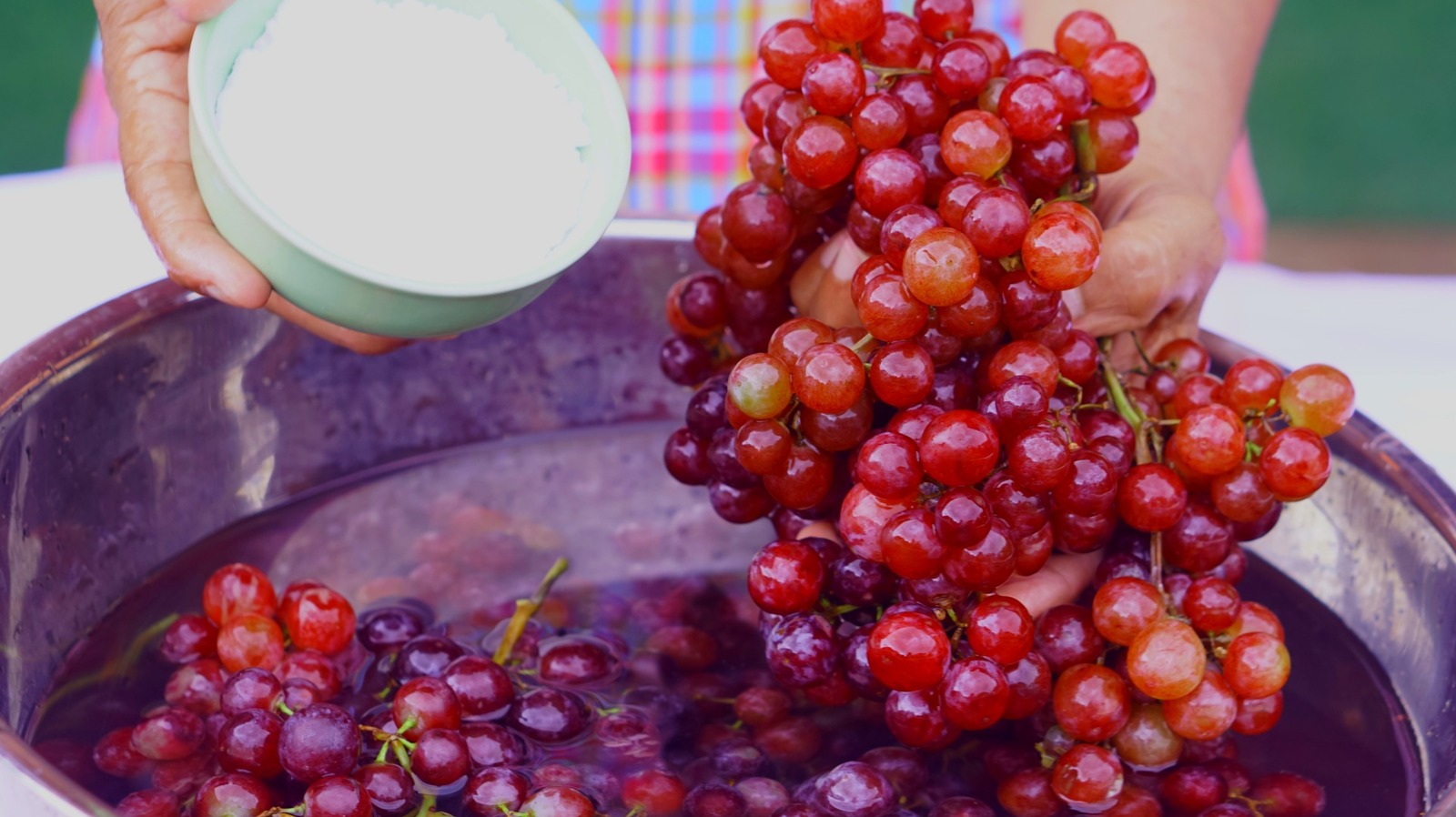
"When you think too much about the germs, pesticides, and other yucky stuff on your fresh produce, you might never feel like biting into an apple again. Unfortunately, reported cases of foodborne illnesses associated with contamination from dangerous bacteria and viruses like salmonella, E.coli, and listeria have been increasing since 2024. This makes it more important than ever to learn food safety precautions that can protect you from illness."
"Baking soda is abrasive, which is why people swear by it as an all-natural cleaning agent. It doesn't contain any disinfecting or germ-killing powers, though, so it won't remove viruses and bacteria from your produce. While baking soda is more effective than just using water at removing pesticide residue, it may actually be damaging to the skin of your fruit."
Reported cases of foodborne illnesses linked to bacteria and viruses such as salmonella, E.coli, and listeria have risen since 2024, increasing the need for food safety measures. Baking soda is abrasive and lacks disinfecting or germ-killing properties, so it will not remove viruses and bacteria from produce. Baking soda can remove more pesticide residue than water but can damage delicate fruit skins. A 2017 study found that soaking apples in baking soda and water for 12–15 minutes removed pesticide residue, but apples tolerate abrasiveness better than berries or grapes. The safest washing method is clean, cool, running water; do not wash produce before storage.
Read at Tasting Table
Unable to calculate read time
Collection
[
|
...
]